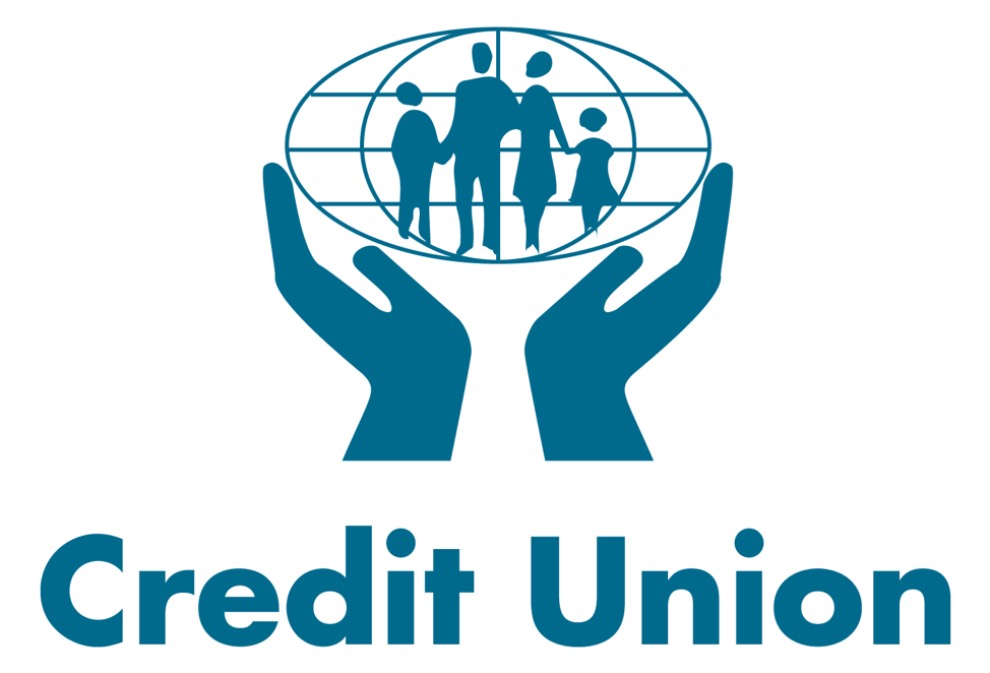
The fundamentals of credit builder loans
If you are reading this, chances are you have a non-existent credit history or a colorful one. Both situations can ruin your chances of availing a loan when you need one. There are a variety of ways to build up your credit score to improve your chances of securing a line of credit when needed. One sure-fire way to do this is applying for a credit builder loan.
What is a Credit Builder Loan?
Credit builder loans, also known as “Starting Over Loans,” serve as training wheels for credit.
These loans are specifically designed for people without a credit history or a mediocre credit score. When you apply for a credit builder loan, the bank sends the amount you have applied for to a third party to hold it.
As and when you pay off the loan amount in installments, the bank or the lender authorizes the third party to transfer the loan amount to your account.
You can generally avail credit builder loans from smaller financial institutions, examples of which are credit unions and community banks. You do not need to have credit history since the loan amount is released only after the payment of the loan.
Merits and Demerits of Credit Builder Loans
Merits
- Credit builder loans force you to save money in the account just as you would when depositing money in your savings account.
- Credit builder loans are secured by the money that your bank deposits, thereby making them easy to avail.
- Making monthly payments enables you to build a financial discipline to help you apply for more substantial loans.
- When you pay off your loan, you can expect to get your money back and, at times, a portion of the interest.
Demerits
- Delaying payments or not making payments altogether will negatively affect your credit scores and bring them down significantly.
- When applying for credit builder loans, you have to pay a one-time administrative fee.
Where can you get Credit Builder Loans?
Community Development Financial Institutions (CDFIs)
CDFIs are known to cater to under-served individuals and communities. CDFIs help enterprises and individuals that are unable to avail loans or other lines of credit from conventional financial institutions.
CDFIs usually offer loan finance, equity investment, or sometimes both. In certain cases where an enterprise or individual is trying to secure a significant amount of credit, they offer credit builder loans to assist them in boosting their credit score to ensure they can get a good line of credit in the future.

Credit Unions
Credit Unions are fundamentally a co-operative formed by a group of people with a common bond, examples of which are labor union, church, industry, and so forth.
Credit Unions are not-for-profit unions. You need to be a member to avail their services. These unions generally require you to share a common bond with a member of the credit union since most of the transactions are based on trust. Credit unions are governed by the Financial Conduct Authority (FCA) in the UK.
Lending Circles
Lending Circles are an excellent option for credit builder loans. It is a problem run by the non-profit mission asset fund. Generally, ten participants in a lending circle pool a certain amount of money, and lend this amount to one of the members. This process goes on until each member receives the money. Repayments in these lending circles can vastly boost your credit score.

Online Lenders
There are numerous banks and online lenders that offer their customers credit builder loans. Examples of these are Self and Republic Bank. To apply for them, make sure you provide essential details that include your name, address, date of birth, income, and so forth. Getting a credit builder loan approved should not take much time.
When you apply for a credit builder loan, some of these organizations put your loan against a Certificate of Deposit (COD) that accumulates interest as you make repayments on the loan.
Tips to help you Secure and Manage Credit Builder Loans
Choosing the Right Credit Builder Loans
Be sure to look for loans that you will have no problem repaying. Exceeding your budget to make higher payments will not increase your rating significantly. Instead, you are better off choosing a low payment loan with a term that does not exceed two years
Applying for the Loan
Once your loan is approved, the loan amount you have applied for is deposited in a savings account that you are not allowed to access until you pay the entire loan amount. This serves as a safety net for your lender.
Making Payments on Time
You can expect your lender to send a favorable report to the credit bureaus if you manage to repay your loan in the stipulated time. However, making payments more than 30 days late will have a negative impact on your score.
Collecting Loan Proceeds Along with Interest
You can expect to receive money as interest and an increase in credit score at the end of the loan tenure, as per the loan terms.
Monitoring your Overall Credit Score
Numerous finance websites have free tools to calculate your credit score.
You can use these to monitor the overall trend.
Exactly How does a Credit Builder Loan Boost your Credit Score?
Paying your credit builder loans on time can help boost your credit score. These payments are generally monitored and shared with the most credible credit bureaus.
Seeing how credit reports are valued more than any other parameter while calculating your credit score, making payments on time on your credit builder loan can help dramatically boost your credit portfolio.
















